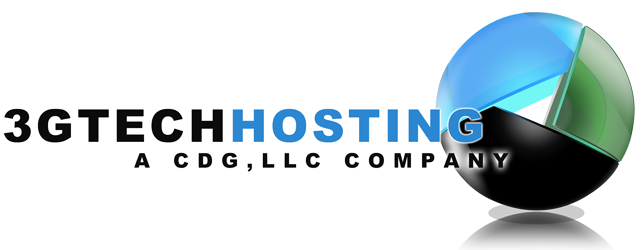RAID in Shared Hosting
The revolutionary cloud hosting platform where all shared hosting accounts are generated uses super fast NVMe drives as an alternative to the traditional HDDs, and they work in RAID-Z. With this configuration, a number of hard drives function together and at least one of them is a dedicated parity disk. Put simply, when data is written on the remaining drives, it is cloned on the parity one adding an extra bit. This is done for redundancy as even in case a drive fails or falls out of the RAID for whatever reason, the data can be rebuilt and verified using the parity disk and the data saved on the other ones, therefore absolutely nothing will be lost and there won't be any service disorders. This is one more level of security for your info in addition to the top-notch ZFS file system which uses checksums to make sure that all of the data on our servers is undamaged and is not silently corrupted.
RAID in Semi-dedicated Servers
In case you host your sites in a semi-dedicated server account from our company, any content you upload will be kept on NVMe drives which work in RAID-Z. With this kind of RAID, at least one of the hard disks is used for parity - when data is synced between the hard drives, an extra bit is included in it on the parity one. The idea behind this is to ensure the integrity of the info that is duplicated to a new drive if one of the disks in the RAID stops functioning because the website content being copied on the brand new disk is recalculated from the information on the standard drives and on the parity one. An additional advantage of RAID-Z is that even in the event that a hard drive fails, the system can easily switch to another one immediately without service interruptions of any sort. RAID-Z adds an additional level of safety for the content that you upload on our cloud hosting platform in addition to the ZFS file system that uses unique checksums to validate the integrity of each and every file.
RAID in VPS Servers
All VPS server accounts that our company offers are made on physical servers that employ NVMe drives operating in RAID. At least 1 drive is used for parity - one additional bit is included in the data cloned on it and in case a main disk stops working, this bit makes it easier to recalculate the bits of the files on the failed disk drive so that the right information is recovered on the new drive added to the RAID. Meanwhile, your websites will still be online because all the data will still load from at least one other hard disk. In case you add regular backups to your VPS package, a copy of the info will be stored on standard disk drives which also work in RAID since we want to make sure that any content you add will be protected all of the time. Working with multiple hard disks in RAID for all main and backup servers enables us to offer fast and reliable Internet hosting service.
